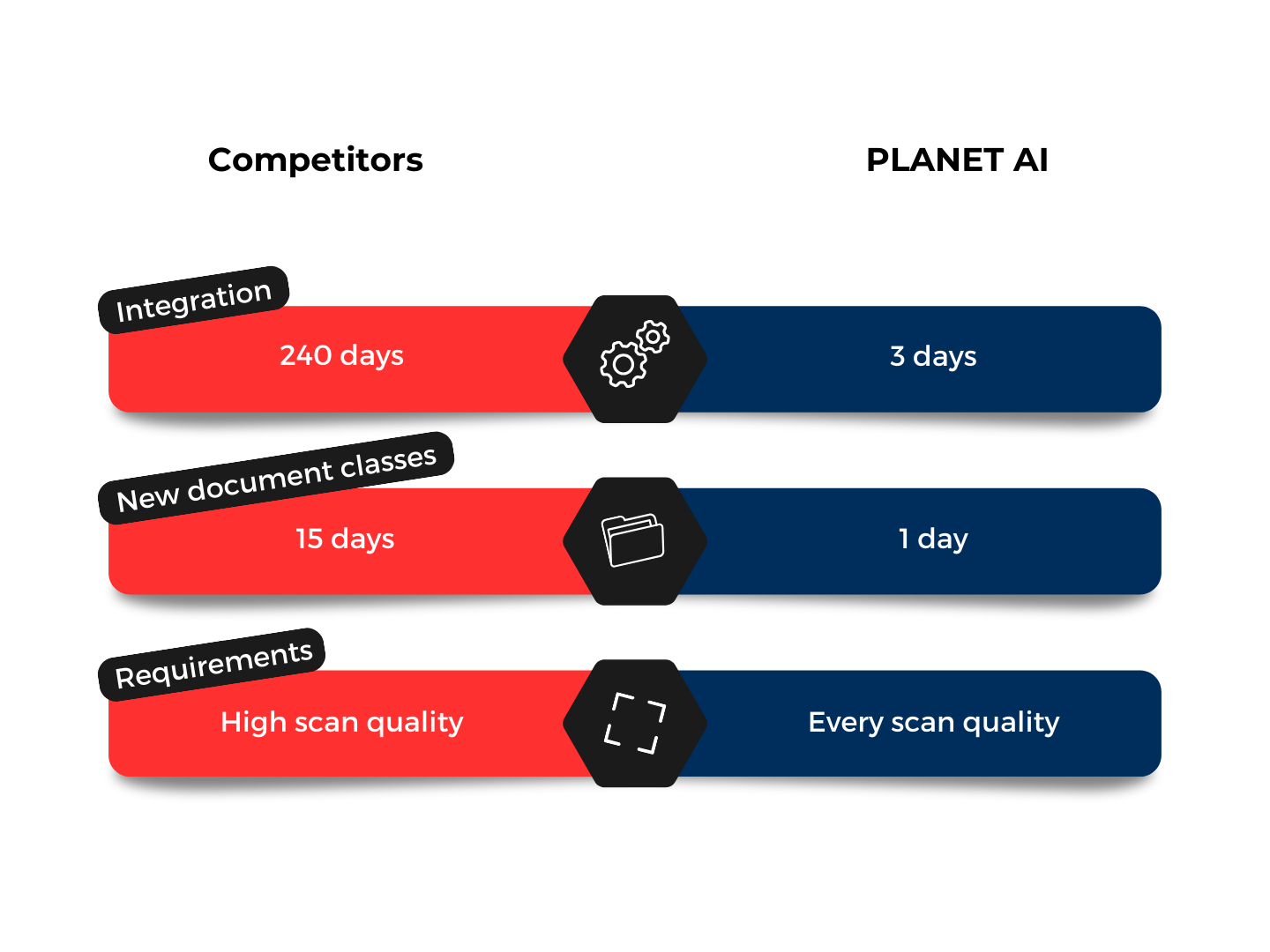Clinical Document Classes List (KDL) – File Plan in German Healthcare System

- 1
- 2
- 3
- 4
- 5
Treatments in clinics and hospitals nowadays involve, in addition to medical care, a variety of documents used at different stages. Admission applications, screenings, referrals, reports, and documentations are filled out either by patients on paper or by healthcare professionals on computers. The large volume of documents and media discontinuities make it challenging to maintain an overview and facilitate consistent information exchange with stakeholders such as health insurance companies and authorities.
A file plan for health documentation in Germany: Standardization with the Clinical Document Classes List (KDL)
The Hospital Future Act („Krankenhauszukunftsgesetz“ or KHZG), passed in 2020, aims to promote digital infrastructure in German healthcare. Additionally, since 2021, insured individuals can request an electronic health record. To enhance communication between entities like clinics and health insurance companies, medical documents are now to be transmitted exclusively through a service provider portal (“Leistungserbringerportal”).
One measure for implementation is the file plan “Clinical Document Classes List” (“Klinische Dokumentenklassenliste”, short KDL). This serves as a tool for standardizing the classification of medical document types. The list is mandatory to use from January 1, 2024.
How KDL works
The first level of the Clinical Document Classes List (KDL) comprises 13 classes:
Below are 57 subclasses, and as the final level, over 400 document type classes. The coding consists of an abbreviation, a four-digit, and a two-digit number sequence, as illustrated in the following example.
Existing document classes can be retained by institutions, allowing users to navigate in their familiar system. The new classes can then be added as additional metadata.
How does PLANET AI come into play?
The Clinical Document Classes List is just one example of the application of intelligent records classification with file plans. Existing software solutions often aim to automate the implementation of file plans based on rules. However, maintaining such a solution, especially during updates to legal requirements, can be complex and therefore costly. Additionally, operational efficiency may be compromised due to significant manual effort for corrections and validations.
PLANET AI’s Intelligent Document Analysis Software Suite offers a rule-free approach to document classification based on machine learning. IDA requires minimal training data and thus low efforts in adapting to new or changed document classes. It classifies documents with exceptional accuracy by analyzing both textual and visual features, even when there appears to be minimal variation.
IDA delivers outstanding OCR and ICR results, particularly in challenging scenarios like handwriting. In downstream processes such as document classification, high-quality input data is essential for making accurate decisions and minimizing manual corrections for increased automation. IDA can be deployed on-premises or in a (private) cloud as a Java application or containerization using Docker.

Customer Success Story – A healthcare file plan
Our renowned client has been offering business process outsourcing services to healthcare providers for over 50 years. Regulatory changes (KDL) necessitated a significant expansion in document categories, growing the file plan from approximately 150 to over 300 classes. IDA’s rapid and accurate adaptation to the more granular document classes allowed the client to meet the requirements quickly. Moreover, implementing the few-shot learning approach led to an 80% reduction in manual efforts due to increased straight-through processing.
Ready for a digital file plan? Get in touch!
Would you also like to benefit from the advanced possibilities of a digital file plan and optimize your document processing? Contact us today to find out how our solutions can revolutionize your document management. Our team is available for personal consultation and individual concept development. Let’s shape the future of digital health documentation together!

